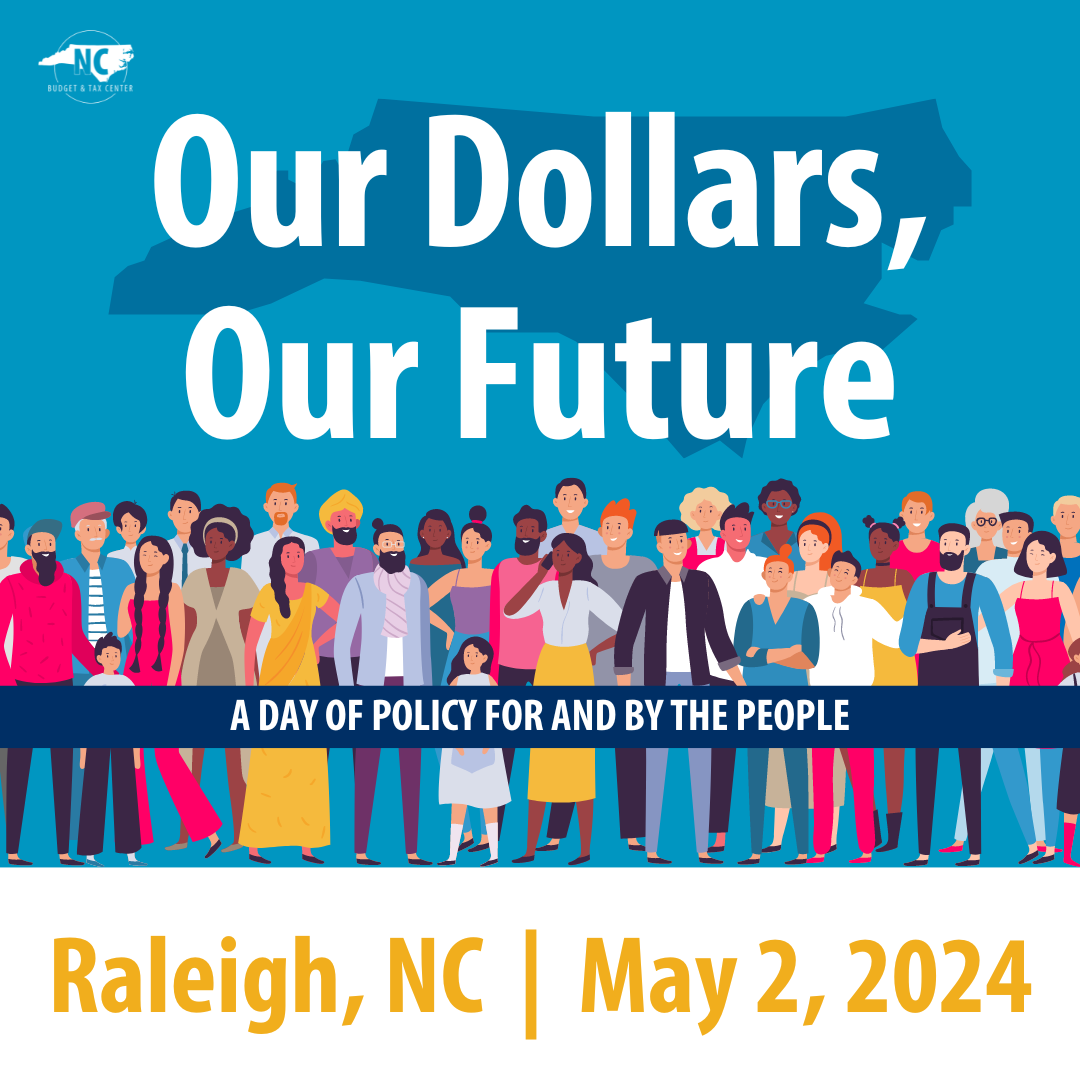
New data: Who pays taxes in North Carolina?
With income tax filings around the corner, North Carolinians are hyper-focused on the income tax process, a tax that supports the public goods in communities across our state. But every day, not just in mid-April, everyone in North Carolina pays taxes on the goods and services they purchase.
Sales taxes represent a growing share of the state’s General Fund, which is used to pay for public services. While an important source of revenue, they are a tax that North Carolinians with low- and middle-incomes pay a greater share of their income toward than higher-income people. This is out of necessity, as middle- and low-income have to spend more of their annual income each year to make ends meet.
The last analysis of who pays in North Carolina produced by the Institute on Taxation and Economic Policy found that the poorest North Carolinians pay $6 of every $100 of their income in sales taxes, while the richest 1 percent pay just 90 cents for every $100 of their income.
With state policymakers focused on lowering the flat income tax rate and raising the standard deduction, they are reinforcing this upside-down tax code. A higher standard deduction exempts a certain amount of income for all taxpayers from the flat income tax rate but does not address the sales and other taxes that that ask more from people who have the least.
The result is that North Carolina has the 31st most unfair state and local tax system in the United States, because it worsens inequality by growing the difference in after-tax income across income groups.
Certain policymakers’ goal of zero income taxes for NC does not mean that North Carolina will become a low-income tax for most people in our state. States with zero income tax -- Washington, Texas and Florida -- are among the highest tax states for households with low incomes, with these households paying more than 12 percent of their income on state and local taxes.
This tax season, with certain legislative leaders intent on accelerating and potentially deepening income tax cuts that will benefit the wealthiest North Carolinians the most, we must demand they take a more comprehensive view of not just what we need to fund the public good, but who actually pays the most in total state and local taxes as a share of their income.



